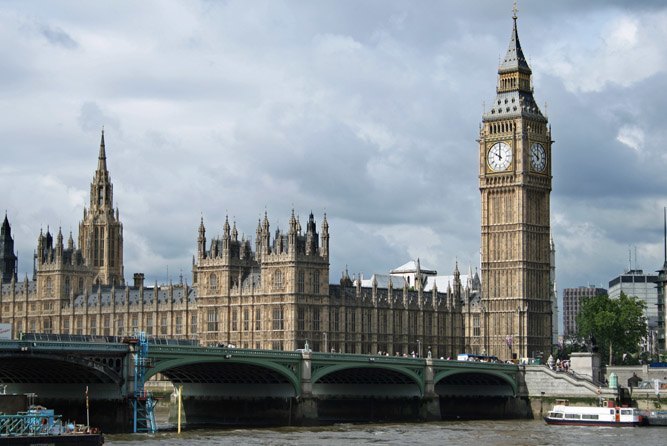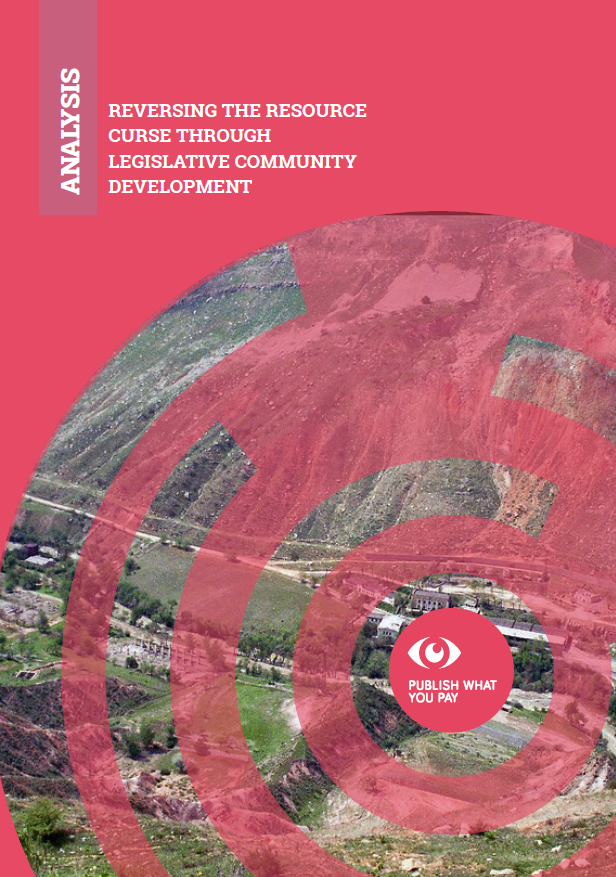PWYP and others urge action on oil, gas and minerals trading at London Anti-Corruption Summit
Blogs and News

PWYP, NRGI, Global Witness, Christian Aid, the Global Organization of Parliamentarians Against Corruption (GOPAC), the UNCAC Coalition, SwissAid, Berne Declaration and others have written to UK Prime Minister David Cameron. We are urging him to ensure that the 12 May Anti-Corruption Summit in London addresses one of the major remaining areas of opacity and corruption risk in the oil, gas and minerals sector: physical commodity trading.
The Anti-Corruption Summit: London 2016 will bring together world leaders, business and civil society who jointly are to expected to agree a package of practical steps for global action to expose, punish and drive out corruption in all walks of life. The Summit is preceded by Tackling Corruption Together, a conference for civil society, business and government leaders, in London on 11 May.
In many oil producing countries, the national oil company sells oil to international traders. Two of the world’s largest traders of oil are BP and Royal Dutch Shell, and other major players like Glencore and Sinopec are publicly listed in the UK. Payments to governments from oil trading transactions can be vast, yet are largely opaque. Commodity trading hubs should extend natural resource payment disclosure rules
to include oil, gas and minerals trading. The Anti Corruption Summit is the ideal moment for joint international action to emerge.
Read the letter here. Letters were also sent to other UK ministers.
Read PWYP and NRGI’s trading transparency briefing.










